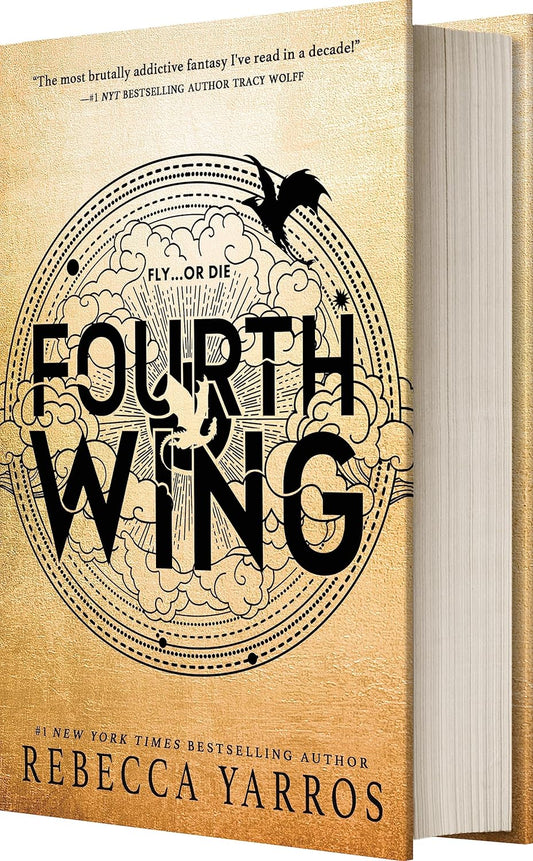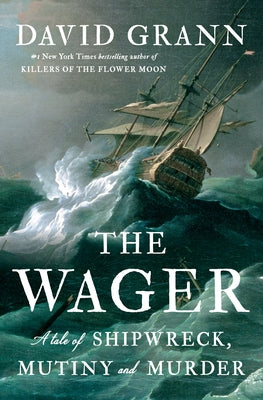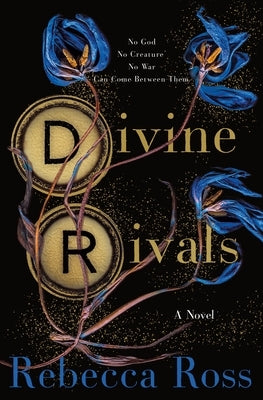Q. What are some of the best science fiction books?
A. Some of the best science fiction books include "Dune" by Frank Herbert, which combines adventure, politics, and ecology, and "The Martian" by Andy Weir, a gripping survival story set on Mars. Both books are known for their imaginative narratives and scientific detail.
Q. What books provide interesting science facts?
A. "A Brief History of Time" by Stephen Hawking is a great book that explains complex cosmological concepts in an accessible way. "The Immortal Life of Henrietta Lacks" by Rebecca Skloot tells the true story of a woman whose cells significantly impacted medical research, offering fascinating scientific insights.
Q. Are there any recommended books for learning physics?
A. Yes, "The Elegant Universe" by Brian Greene is highly recommended for those interested in string theory and the quest for a unified theory of physics. "Astrophysics for People in a Hurry" by Neil deGrasse Tyson provides a concise and engaging overview of astrophysical concepts.
Q. What are some notable science fiction novels?
A. Notable science fiction novels include "Neuromancer" by William Gibson, a classic in the cyberpunk genre that explores a future dominated by artificial intelligence and cyberspace, and "Foundation" by Isaac Asimov, an epic saga about the rise and fall of civilizations driven by the science of psychohistory.
Q. Where can I find these science books online?
A. You can find a wide selection of science books, including best-selling science fiction and non-fiction titles, at Booksdeli.com.















